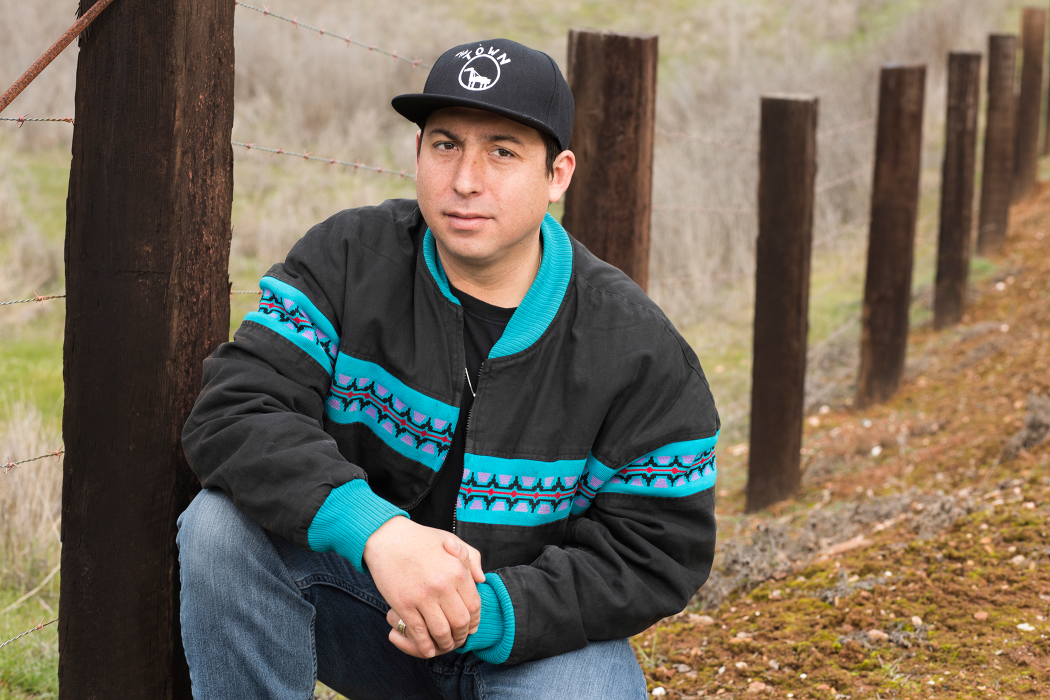New York Times Best-Selling Author Tommy Orange to Read at UW March 3rd
The University of Wyoming is proud to present New York Times best-selling author Tommy Orange in a public reading from his breakout debut novel, entitled “There There,” at the Buchanan Center for the Performing Arts Thrust Theatre on Thursday, March 3, at 6 p.m.
The reading is free and open to the public and will be followed by a moderated onstage question and answer session.
The event is sponsored by partners from Visual and Literary Arts, Native American and Indigenous Studies (NAIS), Native American Program, Keepers of the Fire, Department of English, College of Arts & Sciences, Wyoming Institute for Humanities Research, and the School of Culture, Gender and Social Justice.
“There There” was one of The New York Times Book Review’s 10 Best Books of the Year, and won the Center for Fiction’s First Novel Prize, the National Book Critics Circle John Leonard Prize, and the Pen/Hemingway Award. The novelwas longlisted for the National Book Award, shortlisted for the Andrew Carnegie Medal for Excellence in Fiction and Dayton Literary Peace Prize, and was a finalist for the Pulitzer Prize.
Orange graduated from the MFA program at the Institute of American Indian Arts and was a 2014 MacDowell Fellow and a 2016 Writing by Writers Fellow. Born and raised in Oakland, California, he is an enrolled member of the Cheyenne and Arapaho Tribes of Oklahoma.
“I’m excited about Tommy Orange’s visit to campus, because it recognizes a particular shift in our cultural community about who we choose to recognize as important artists,” says Cassandra Hunter, public services specialist at Albany County Public Library.
The novel, an outgrowth of Orange’s work in digital storytelling at the Native American Health Center in Oakland, is a multi-generational, relentlessly paced story about the lives of urban Native Americans. It follows twelve characters all traveling to the Big Oakland Powwow, all connected in some way, who grapple with a complex and painful history, with an inheritance of beauty and spirituality, and with communion and sacrifice and heroism.
Orange’s continuing work in digital storytelling is an added attraction for UW researchers involved in the Growing Resilience project, a community-based participatory effort aimed at increasing indigenous food sovereignty on the Wind River Reservation.
“As an Arapaho I know that the future of my people is dependent on stories and the role stories will hold in terms of community well-being,” says Mel Arthur, leader of qualitative analysis for the project.
Christine Porter, UW professor of community and public health and principal investigator for the project, notes the value of such work to public health: “Colleagues and participants in health action-research I lead have shown me that storytelling far eclipses physical measurements in illuminating well-being,” she says.

